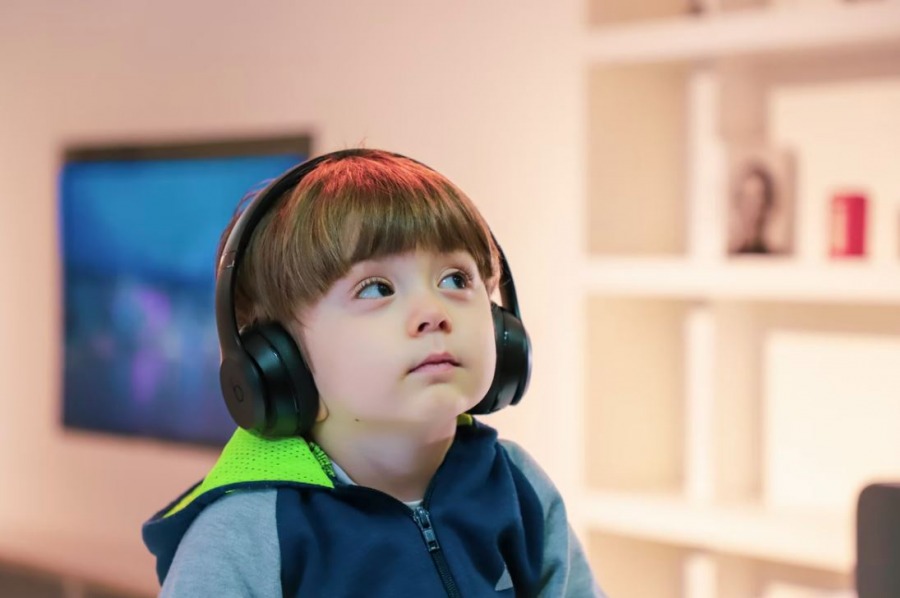Raising a child with autism can be a challenge. For most neurotypical people (i.e., those who do not have autism), every little unexpected change in a day is something to which they adapt quickly. However, to people, particularly kids, on the autism spectrum, these tiny changes are automatically magnified. They are much larger and more disconcerting to people on the spectrum who need that sense of predictability in their days in order to feel comfortable and safe.
If you have a child who has been diagnosed with autism, you will no doubt encounter a lot of meltdown situations until you are able to recognize the smallest changes impacting your child, understand how it is disrupting to them, and learn how to help them cope. To help with this, there are many programs and services designed specifically for families of autistic people. Some of these programs teach independent living skills and others provide various therapies, healthcare services and counseling.
Recognizing Changes
Something as seemingly insignificant to you as eating breakfast with a spoon rather than a fork is a big change to your child. Having to wait in traffic for more than the usual amount of time is a big change. Being late to preschool, daycare, or school is a big change. Having to go to the doctor’s or dentist’s in the middle of a school day is bordering on catastrophic. What is more, if there is a series of tiny changes in the course of a day, these add up and increase the anxiety levels of a child on the spectrum. You will experience their meltdowns more frequently and earlier in the day when so many little things have been altered. Because they do not seem like much to you, you have to train yourself to spot these differences, no matter how small, and prevent the differences or changes from occurring.
Managing Disruptive Change
To a child on the spectrum, he/she feels reassurance that all is right with his/her world when things go exactly as they expect. Routine is HUGE. It is why your child eats the exact same thing for breakfast every morning, in the exact same bowl or on the exact same plate with the exact same silverware. This is just one example of one small part of your child’s day that has to be precise, or your child begins to feel the creep of panic within. When there is a major change to your child’s day, like an appointment at a time when he/she is normally at school or daycare, you have to do all you can to prepare them for it and help normalize the situation by changing the expectation.
Educational Services
People with autism have varying skills and abilities. Some may be able to attend a traditional school. Others must attend a specialized school or program. If you think your child might be autistic, contact your county’s board of education. They can typically help you set up a placement test or evaluation for your child. Even if your child isn’t old enough to attend school yet, you should still have your child evaluated by a neurologist or other specialist. If diagnosed as autistic, then your child might qualify for early intervention services in your county. Early intervention programs provide services such as speech therapy and social skills training. These intervention programs can start as early as pre-kindergarten.
Helping Your Child with Autism Cope
Over time, you can slowly change routine patterns of behavior to help your child adapt. This requires very minute changes that turn into routines, and then changing each routing again until your child is no longer bothered by it. It will not happen in a week. It may not even happen in a month with a single change, but if you are consistent about it, it will happen. He/she will learn to cope with changes.
Autism Behavioral Health Therapy Program
A behavior health therapy program helps autistic people understand their behaviors and adjust them. They learn about themselves and why they behave a particular way. They also learn to control destructive behaviors. Ask your pediatrician to recommend a behavioral health therapist.
Social Skills Training
One thing most autistic people have in common is difficulty interacting with others. They may not understand how to carry on conversations with others. Sometimes they appear rude because they may not look at people when speaking to them. Social skills therapy can help people with autism learn to make eye contact and socialize with their peers in the way most people expect. Many organizations can help parents find local social activities.
Residential Programs
Many autistic people never learn to live independently. However, some can learn to fend for themselves if given the proper training. Residential facilities support their residents with assessment programs and trained counselors. These residential facilities are designed to help people with varying levels of ability. Children, young adults, and even older adults may live in a residential facility. Contact your local department of health about residential programs in your state.
People with autism have various educational, social, and behavioral differences. Developing a routine can help them cope with their particular needs, but you should be prepared to help them adjust when changes are made to their routines. To get help for your child, contact your child’s school. You can also get help by contacting your child’s pediatrician about services you both think your child will need. A pediatrician can recommend counselors and medical professionals who treat your child’s specific needs.

